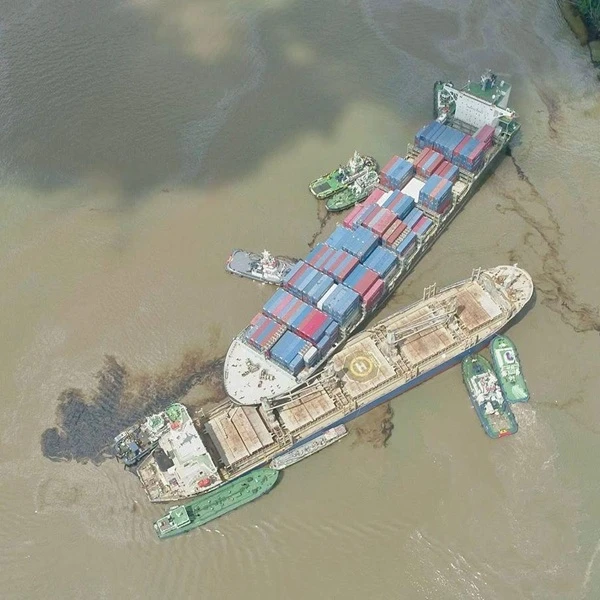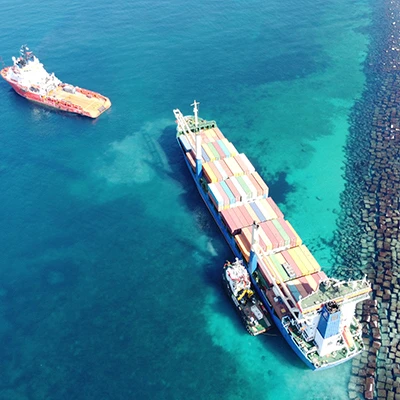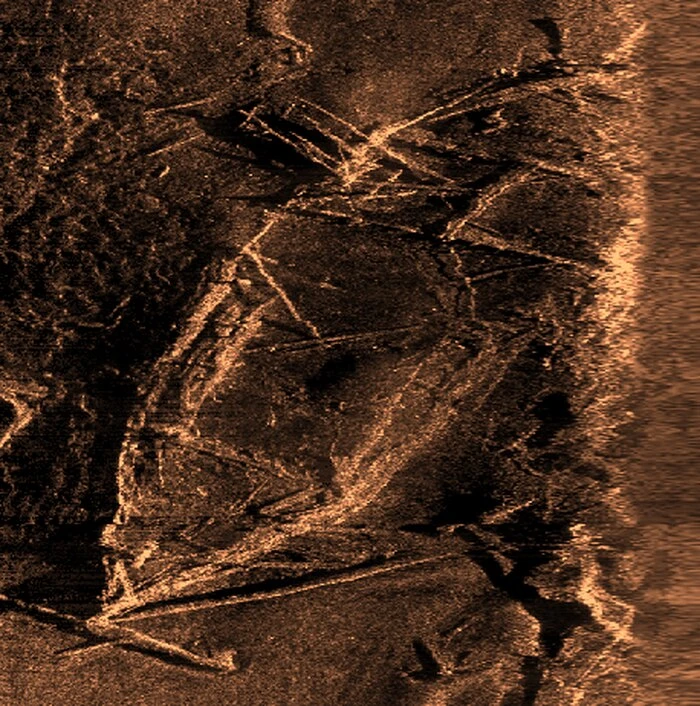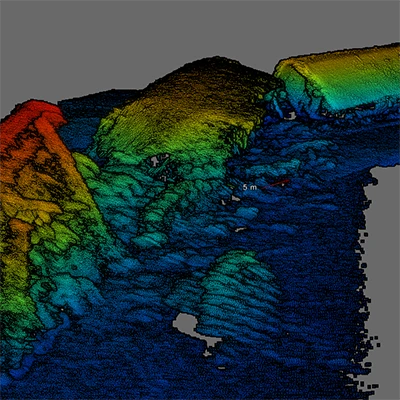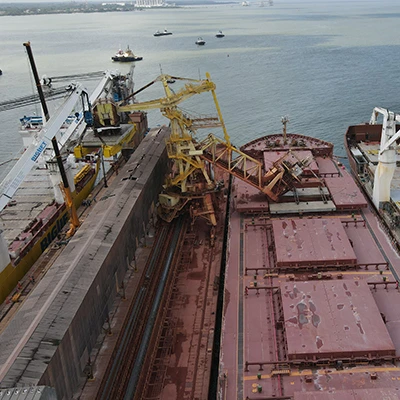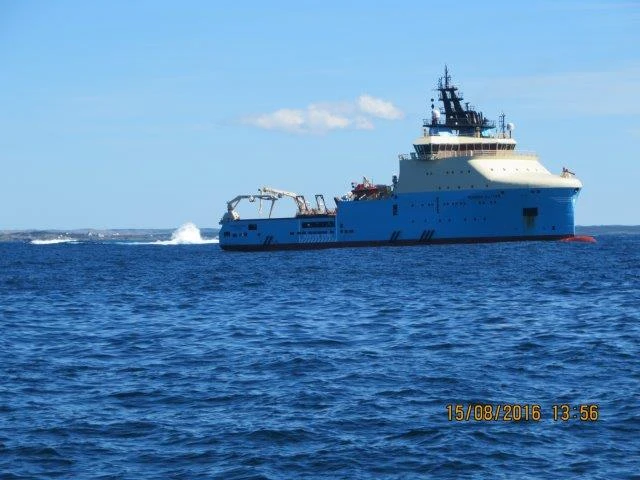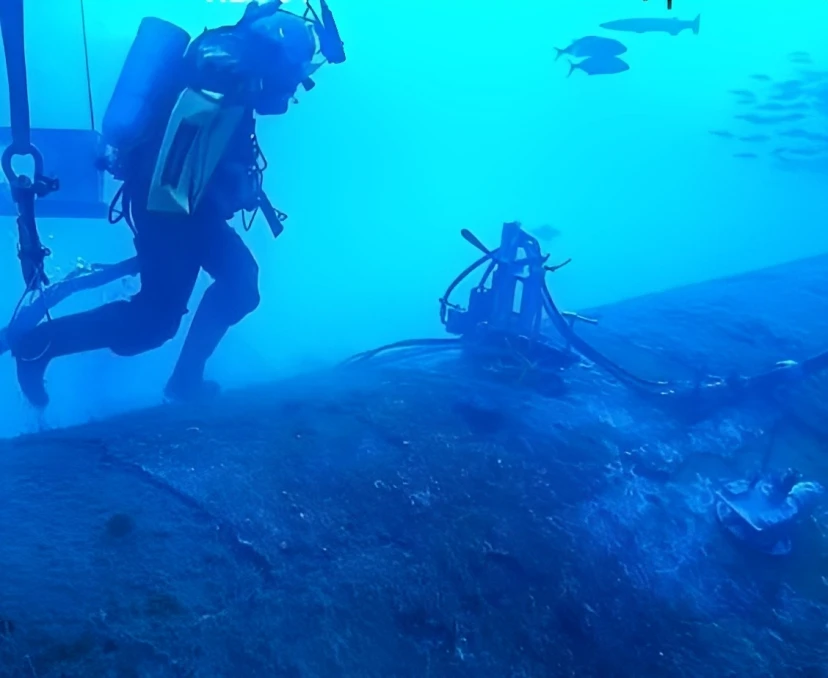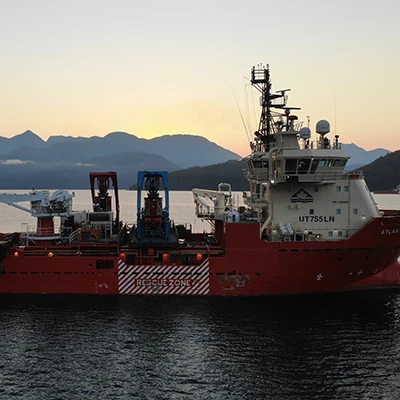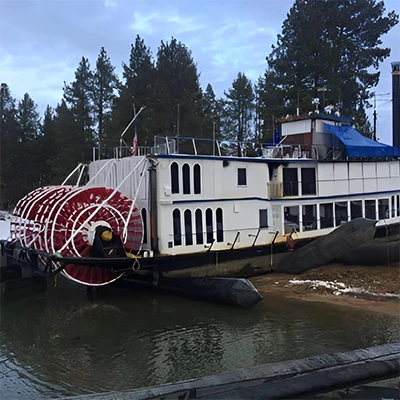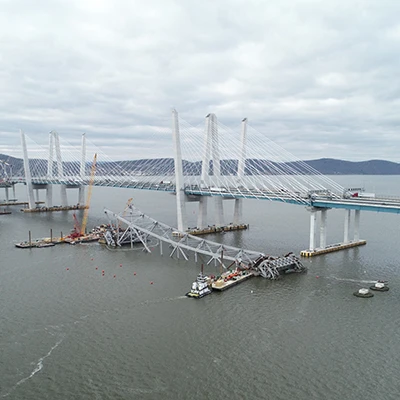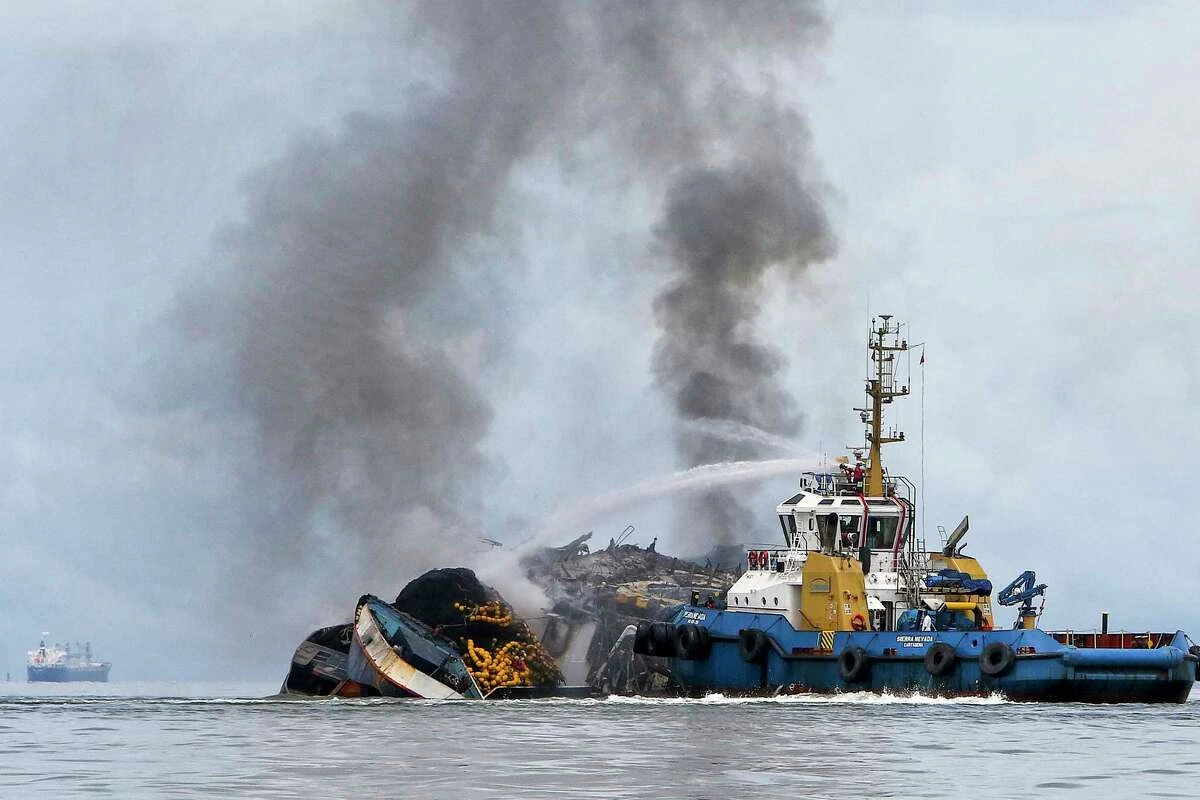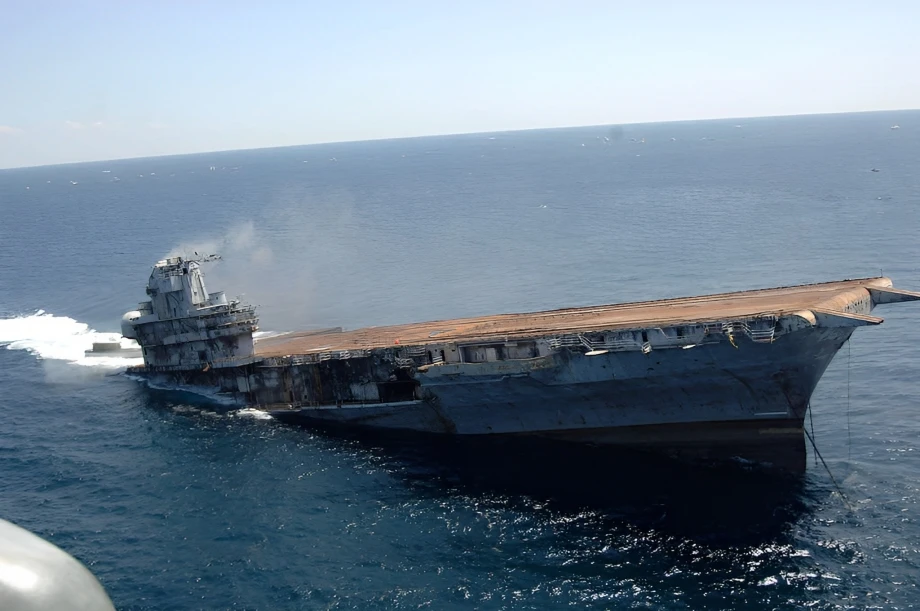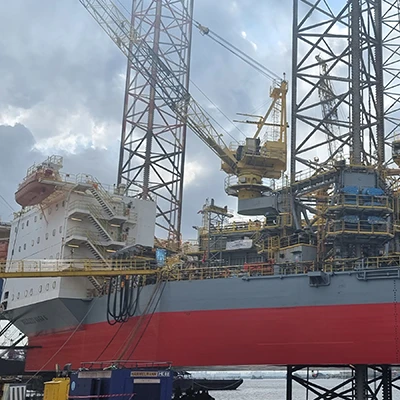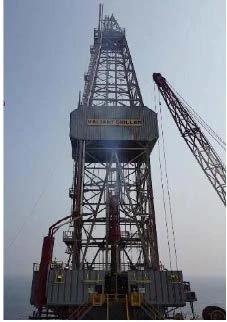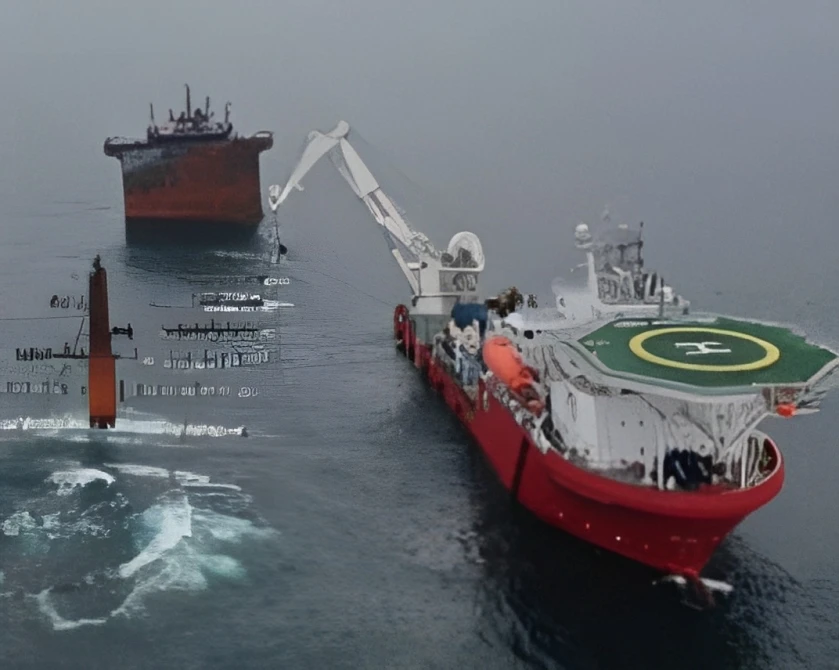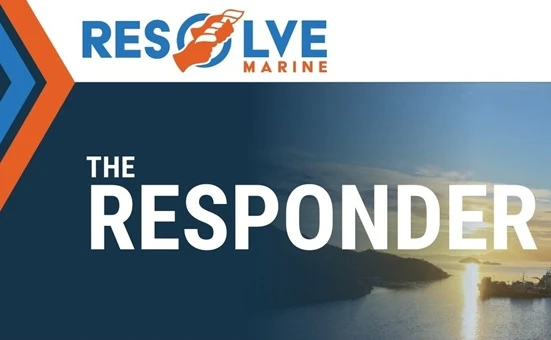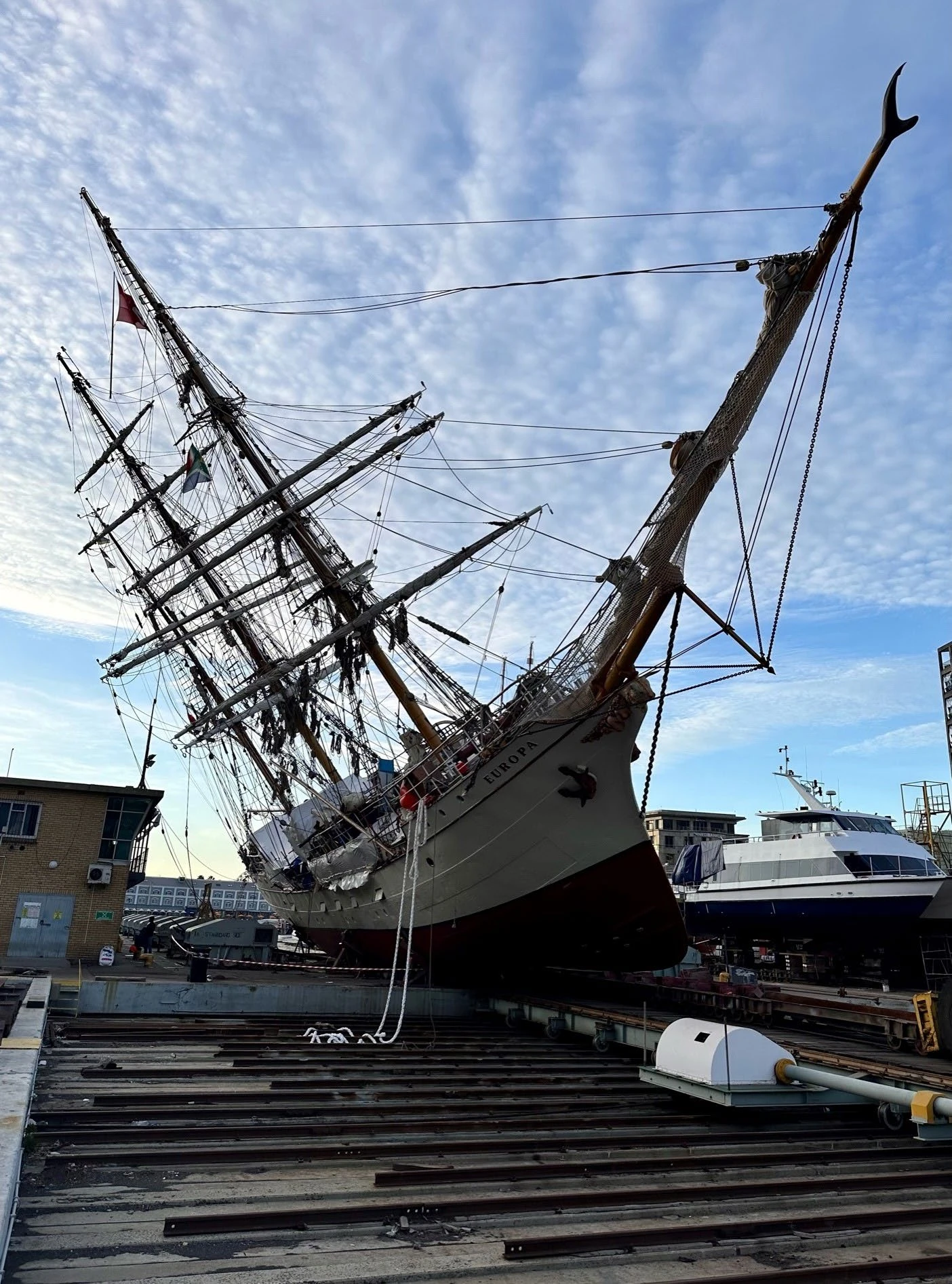
Complex problem solving that goes beyond emergency response.
Our projects team specializes in working in coastal and offshore zones, often in challenging environments. Our track record of rapid response and ingenuity is supported by in-house capabilities: patented technologies, marine engineering, support vessels, specialized portable equipment, and most importantly, knowledgeable and experienced teams with unmatched credentials.
Project work at Resolve Marine serves clients from federal, national and local government agencies, shipowners, insurance underwriters, oil and gas companies, offshore wind, even space exploration companies.
Recent projects include post-hurricane clean-up work for the U.S. Coast Guard, subsea oil and hazmat removals from sunken shipwrecks, salvage and decommissioning for offshore oil rigs, large wreck removal projects, construction of offshore marine reefs, bridge demolition and offshore wind turbine casualty response. We routinely contract and deploy the most sophisticated offshore marine construction, ROV and dive support capabilities.
We are proud of our project management capabilities. And while the complexity of every project is different, generally there are five primary components:
Project work at Resolve Marine serves clients from federal, national and local government agencies, shipowners, insurance underwriters, oil and gas companies, offshore wind, even space exploration companies.
Recent projects include post-hurricane clean-up work for the U.S. Coast Guard, subsea oil and hazmat removals from sunken shipwrecks, salvage and decommissioning for offshore oil rigs, large wreck removal projects, construction of offshore marine reefs, bridge demolition and offshore wind turbine casualty response. We routinely contract and deploy the most sophisticated offshore marine construction, ROV and dive support capabilities.
We are proud of our project management capabilities. And while the complexity of every project is different, generally there are five primary components:
- Survey and Technical Planning. The conditions at the offshore site are determined and technical teams develop a solution in close coordination with senior operations personnel. Resources are identified, supporting engineering is performed and detailed project procedures are drafted including thorough safety procedures and risk assessments. Other factors in the planning phase include environmental considerations and controls, obtaining required permits and approvals and providing rates, timelines and credentials.
- Mobilization. Required equipment, personnel and subcontractors are identified and assets, equipment and crew are deployed to the recovery site. Startup activities are coordinated with all stakeholders.
- Site Operations. A project management team (which typically includes a project manager, salvage master, naval architect and safety officer) assembles all resources and activates the plan. Safety remains paramount throughout the project. Plans are refined as conditions change; and real-time communications are maintained with all stakeholders.
- Site Clean-up and Restoration. In keeping with our and other stakeholder ESG priorities, our team will clean up and restore the site to optimal, agreed upon conditions. Such efforts can include debris recovery, physical site restoration, coral transplanting and other marine and environmental mitigation plans.
- Demobilization. Transportation and restoration of all project equipment and travel for all personnel commences at the close of every project. Final project reports are submitted and disseminated, hotwash meetings are held and lessons learned are captured in our global project management system.
.JPG) DEMOLITION OF THE TAPPAN ZEE BRIDGE EAST ANCHOR SPAN
DEMOLITION OF THE TAPPAN ZEE BRIDGE EAST ANCHOR SPAN 
